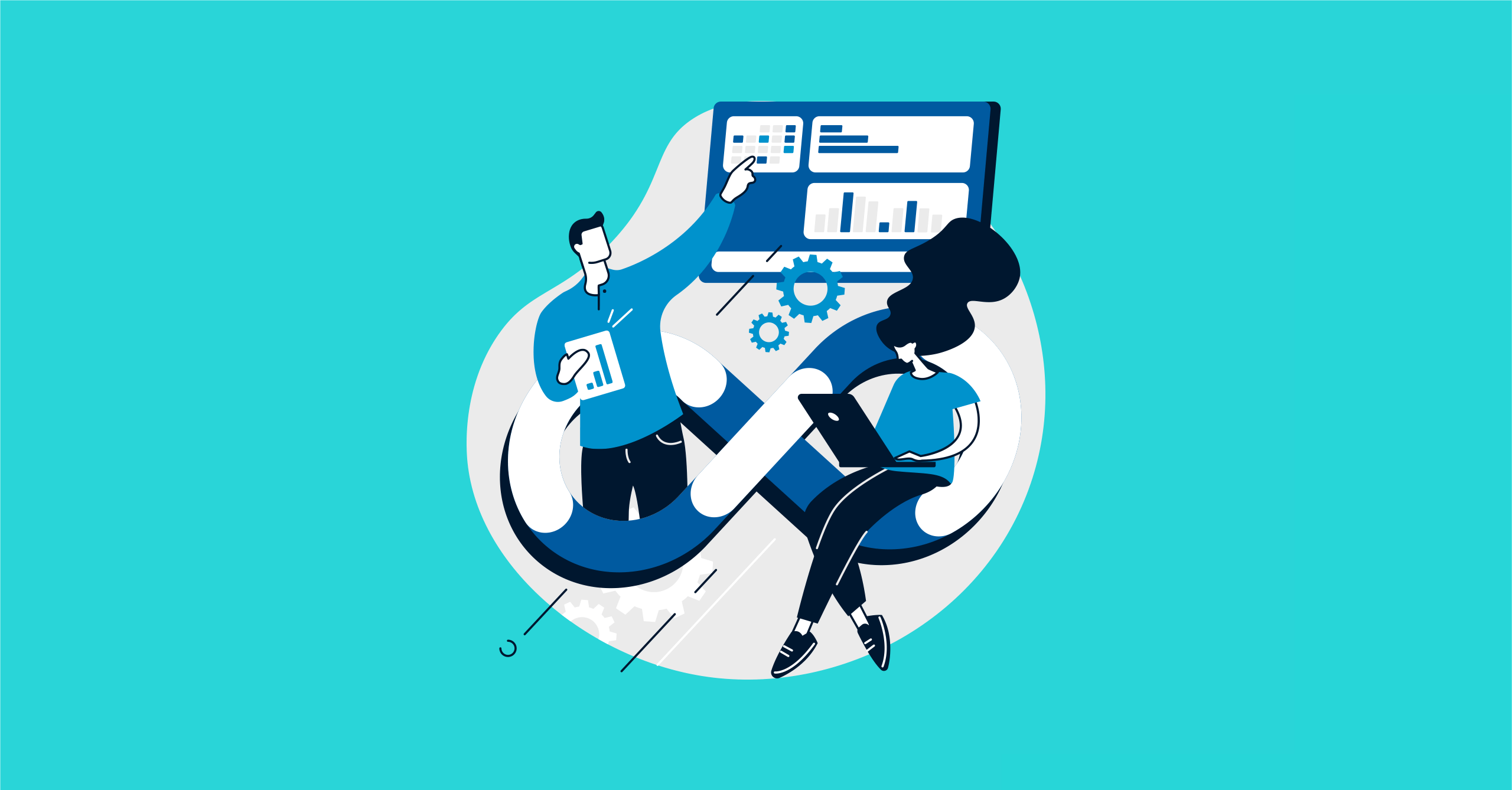
What is IT Asset Management (ITAM)?
IT Asset Management is the process of managing the entire lifecycle of an organization’s IT assets, including hardware, software, network components, and other IT-related resources. This process involves tracking assets from acquisition through maintenance, upgrades, and eventual disposal. The goal is to ensure that IT assets are used efficiently and that costs are kept under control.
What is Configuration Management (CMDB)?
Configuration Management involves maintaining a detailed inventory of all components in an organization’s IT infrastructure and the relationships between them. The CMDB (Configuration Management Database) stores these components and their configurations. By tracking changes to these systems, Configuration Management helps prevent errors and ensures system stability.
The Relationship Between IT Asset Management and Configuration Management
IT Asset Management (ITAM) and Configuration Management (CMDB) are complementary processes. While ITAM focuses on tracking assets like who owns them, their costs, and their usage, CMDB tracks the technical details, configurations, and relationships between these assets. ITAM provides information about the asset’s owner and usage status, while CMDB shows how it is configured and what other systems it is connected to.
By working together, these processes enable organizations to manage their IT infrastructure more efficiently and reduce operational errors. For example, when a hardware failure occurs, ITAM can provide information about the device, while CMDB can show which other systems might be impacted by the failure.
Why Are IT Asset Management and Configuration Management Important?
Enhanced Visibility and Control: Integrating ITAM and CMDB provides complete visibility into the IT infrastructure. Teams can track all assets and their configurations in real-time, enabling them to quickly identify which devices are active, which need updates, or which configurations might be at risk.
Cost Savings: Tracking IT assets accurately prevents unnecessary purchases and resource waste. Effectively managing the lifecycle of an asset ensures timely repairs and extends the lifespan of IT resources.
Reduced Downtime and Errors: With Configuration Management, changes in the system can be planned in advance, and their potential effects can be analyzed. This reduces downtime and minimizes errors, leading to smoother operations.
Reduced Security Risks: By keeping asset and configuration data up to date, organizations can detect vulnerabilities and risks more quickly. This proactive approach helps prevent data breaches and security incidents.
SPIDYA IT Asset and Configuration Management ensures that the IT assets on which all your services run overlap with where they are managed as CI in the CMDB. If you want to achieve full integrity in your CI and CMDB management, contact us!


